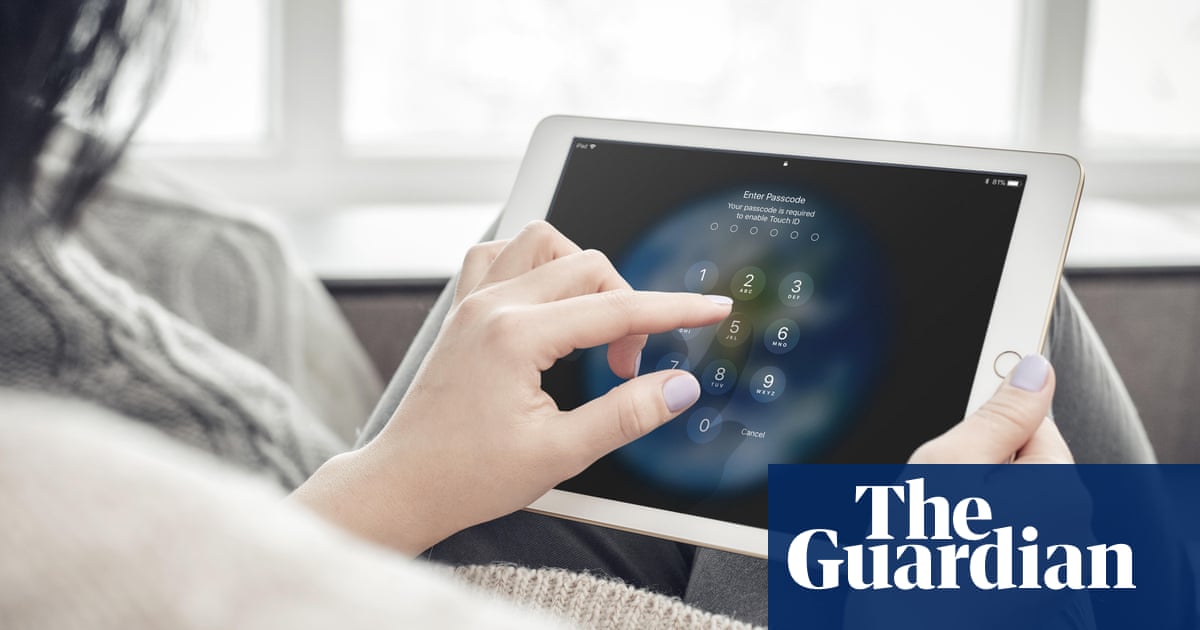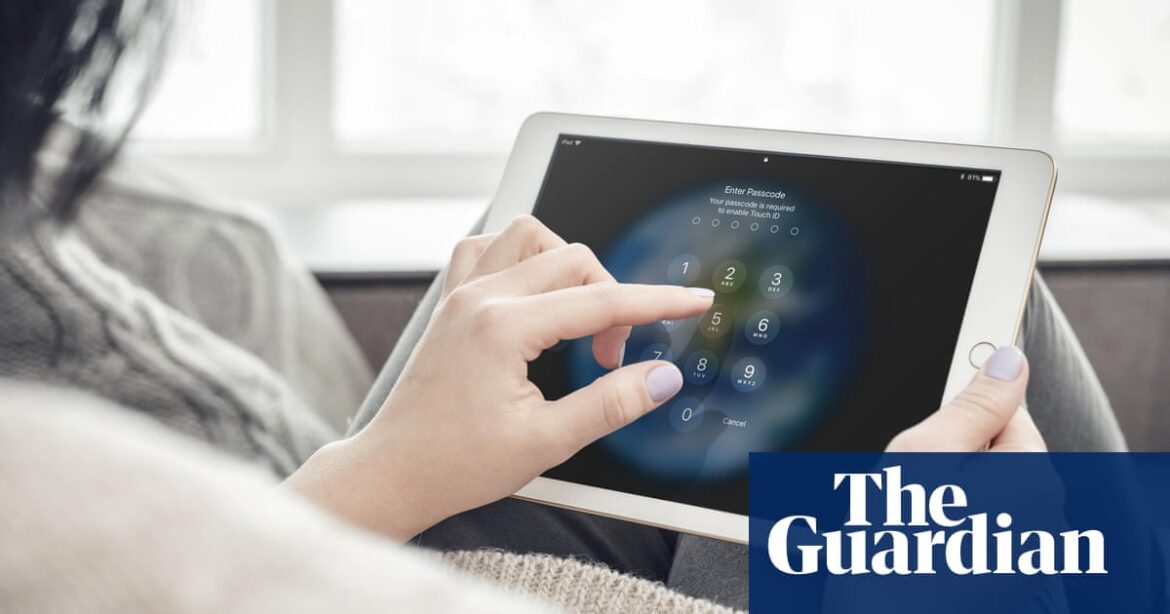
New NHS-approved online therapies could help two to three times the number of children and adults recover from anxiety and post-traumatic stress disorder, research suggests.
One in five children and young people in England aged eight to 25 have a probable mental disorder and one in four adults in England experiences at least one diagnosable mental health problem in any given year, according to NHS England.
But with long mental health waiting lists, soaring demand and some patients finding it difficult to attend face to face appointments, last year the National Institute for Health and Clinical Excellence early value assessment recommended a range of online therapies for use across the NHS.
Four internet treatments developed by the University of Oxford will now be rolled out across NHS trusts, mental health facilities, schools and colleges from September. More than 20 areas have already signed up including West Sussex, Oxfordshire, Buckinghamshire, Leicestershire, Manchester, North Tyneside and London.
The University of Oxford has licensed Koa Health to provide all four online therapies, which consist of separate online programmes for adults, adolescents and children aged five to 12 with social anxiety, and for adults with PTSD.
For the adolescent and adult treatments, patients work through a series of online modules with around 20-30 minute telephone or video appointments with their therapist. The therapies can be accessed 24/7 and the content has been designed to replicate what you would get in face to face therapy, and is very personalised. For children, the programme involves parents and guardians being trained to provide the treatment at home, with support from a therapist.
Studies have demonstrated the impact of all four of the online platforms. A randomised controlled trial of internet cognitive therapy for adults with social anxiety disorder found that patients recovered just as well as those receiving face to face treatment, but instead of it taking 19 hours of clinician time, it took only 6.5 hours. A separate trial of the adolescent version of the social anxiety internet therapy found that 77% of young people no longer had social anxiety at the end of treatment.
“This is quite some achievement,” said David Clark, a professor of experimental psychology at the University of Oxford, “because with social anxiety, psychological treatments like general CBT are the least effective.
“Our calculation is that if NHS therapists were able to use these programmes and support people through them, then they would be able to help two to three times the number of patients recover from social anxiety and PTSD.”
Prof Anke Ehlers, a psychologist at the University of Oxford, who led the work on post-traumatic stress disorder (PTSD) said: “We’ve tested the digital therapy with patients who have PTSD from a broad range of traumas. Recovery rates and improvements in quality of life are excellent.” Patients value being able to receive their therapy from home at a time convenient to them, she added.
Kerry McLeod, head of content for Mind, welcomed the expansion of online treatment but stressed it was important patients were able to choose what was right for them. She said: “We support the development of new digital therapies, and welcome talking therapies that are more accessible to those who may find face-to-face treatment more challenging.
“Some people will find face-to-face therapies a more beneficial source of support, so it is crucial that people living with mental health problems have a choice in the type of treatment they receive”
Source: theguardian.com



